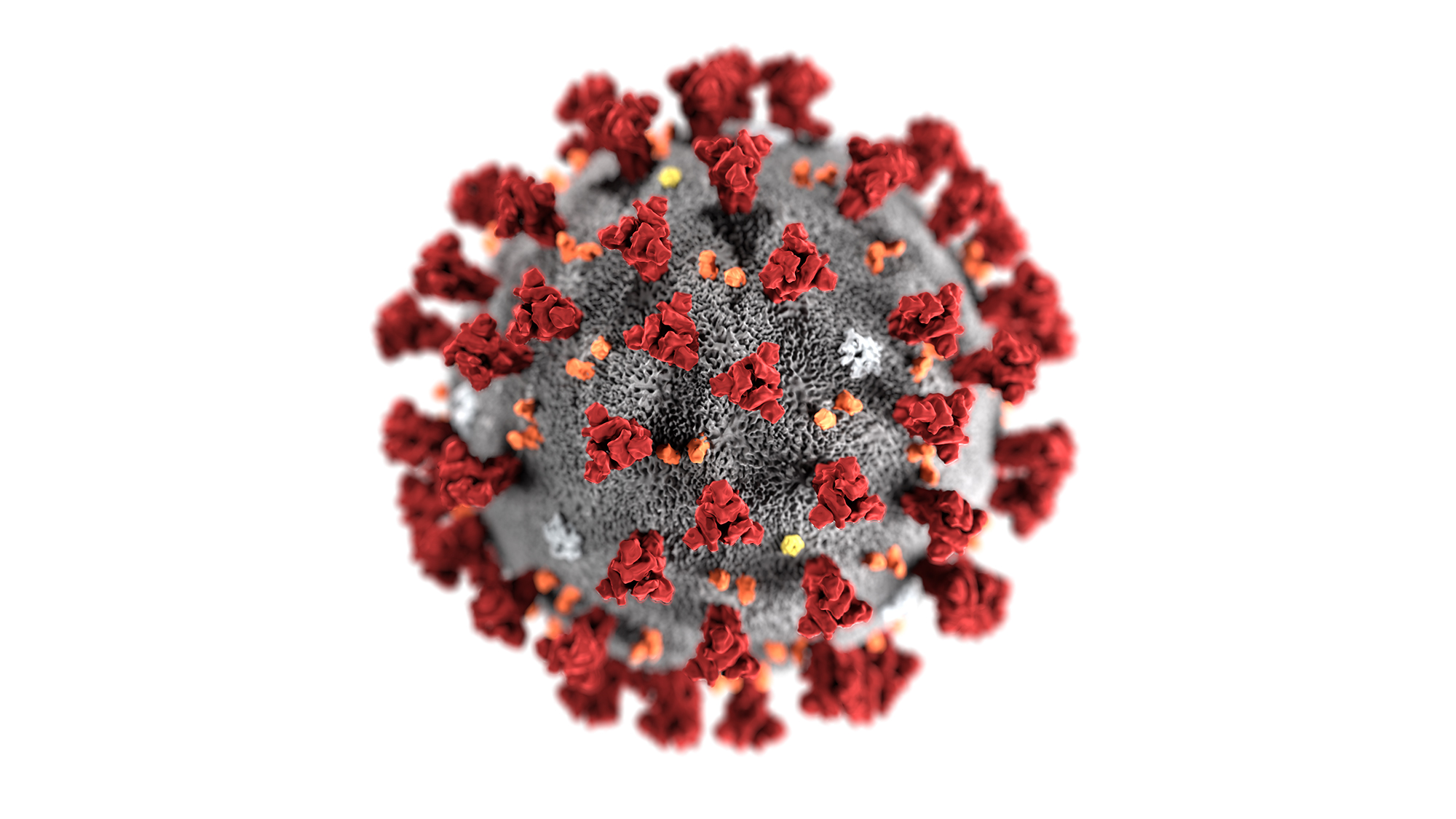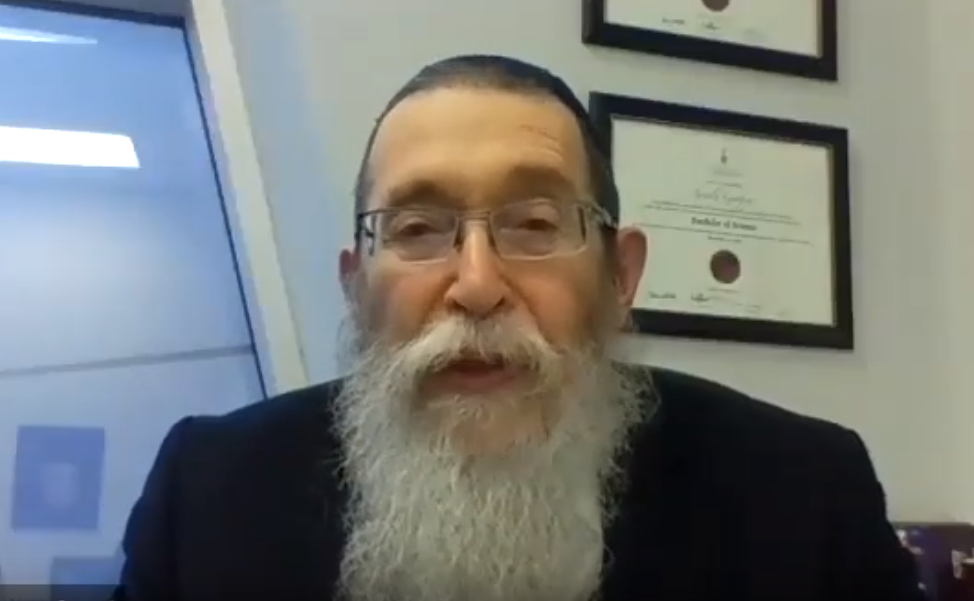A common term in ADHD circles is the word “therapy”. This term is used both by those seeking help and the professionals providing ADHD therapy for children. The issue with using the word “therapy” with ADHD is that it presumes that ADHD is an illness or a medical condition.
Calling ADHD an illness is not accurate. While the behaviour of a child with ADHD may not be in the normal range, it is hard to call it an illness when it is not symptomatic of disease. There are no blood tests to determine if a child has ADHD, and it is not a virus or bacteria in the body that needs to be expelled. It is just a convenient label for a set of behaviours, regardless of how and why those behaviours were caused.
There is definitely a hereditary link with ADHD traits, and there are phsyiological differences that are typical in the ADHD brain. Less frontal lobe activity, less connectivity between hemispheres than normal and so on. Very often, these are just a matter of development – it’s based on the way your brain is ‘wired’. It is rather like being tall if your parents are tall rather than a disease passed down from your parents.
Simply put, this is a classic case of the medical industry going overboard and diagnosing/treating the ups and downs of life. This was expressed by top psychiatrist Allen Frances in his book titled Saving Normal – an Insider’s Revolt against out-of-control psychiatric diagnosis, DSM-5, big pharma, and the medicalization of ordinary life.
With this in mind, we need to reframe the word therapy so that we don’t think of ADHD as an illness. Instead we should look at it for what it really is – a pattern of development in the brain that results in a variety of traits which can include: distractibility, restlessness, impulsivity, carelessness, low frustration tolerance, and weak social skills. Perhaps a better way to define “therapy” can then be how to treat these traits to improve these behaviours and tendencies.
Forms of Treatment for ADHD
Special School Accommodations
One form of treatment for children with ADHD is to provide special accommodation in school, or modification to help your child cope. Some examples of accommodations can include: providing longer time to complete tests, headphones to block outside noise, or a shadow to ensure your child is provided with more direct attention.
The challenges with this type of treatment is that first you must determine which accommodations will provide the best result for your child, and then work with the school to see if it’s possible to provide these accommodations. But more importantly, this is just a compensation strategy which will not help your child overcome the challenges he is facing. Many children don’t grow out of ADHD, and you can’t provide these types of accommodations for the rest of his life. Therefore it is better to only use this strategy in the short term to compensate until a longer term solution is found.
ADHD Medication
Another treatment option is medication. Medication can have very mixed results. Based on our own numbers at Maxi Mind with over 300 families that have gone through our program and hundreds more that we have consulted, here is what we’ve seen with children on medication.
Approximately half of all of our clients have used or are currently using medication. One third of the children that are using medication had overall positive results at least in the short-term. Another third found that while they had some improvements, the side effects fully counteracted the advantages. The last third found that the medication route was a disaster, with such extreme side effects that they had to quit the meds altogether.
Overall, we see that medication as a use of therapy is not really an effective option. Not only are there mixed results, but is also really just compensating and never dealing with the real issue of ADHD. Due to these factors, we have seen that parents are leaving this option in search of better therapy methods.
Counseling as ADHD Therapy
A third treatment option is to get counseling for your child, for yourselves as parents, or both. Psychologists are typically called in for this purpose but there are also Life Coaches, ADHD Coaches, Psychotherapists, the list goes on. These consultants provide tools and strategies on how to understand their issues, cope with them, compensate them, and sometimes overcome them. This may be effective to some degree but typically won’t be able to reach the core issue that is occurring in the brain.
Cognitive Training Software
A fourth approach is the use of specially developed cognitive training software as treatment. There is a belief out there that if you can make the games fun, children will on their own play their way to wellness. There are literally hundreds of companies out there with offerings of this type, each claiming to save the day.
The theory is that parents should be able to sit their child in front of a computer and let the software provide the therapy. Cogmed and Luminosity are two of the leading names in this industry. The problem is twofold: The software, even when used properly, has very limited effectiveness for helping kids in what they need most – a good shot at a reasonably happy and successful school experience. The second issue is that because you have to do these specific games many times over, the kids get bored and stop doing it before the full effectiveness kicks in.
Another issue is that despite many medical studies on it, the Cogmed software is based on the belief that working memory is the issue causing ADHD, which has now been proven to be at best only part of the problem with the ADHD brain. And online games like Lumosity offer a stimulating pastime, some long term benefit, but again, nowhere near enough to make that life change that kids need. With strong marketing that overpromises results, parents are tempted to try it for their children but in the end they are disappointed time and time again.
Maxi Mind Methodology for Children with ADHD
Maxi Mind Brain TrainingTM was developed as a true therapy, an effective treatment that is both fun to do for kids and will actually make those major changes in focusing, learning and self-regulation that parents want to see for their child.
Unlike other treatments that just provide a quick or temporary fix at best, Maxi Mind gets at the root of the issue – Connectivity in the brain – and does so with activities that are scientifically developed, medically endorsed and proven effective.
The child is coached through physical exercises while listening to engineered music and then through biofeedback activities that have him controlling a computer using his mind alone – a real brain boost!
To learn more about the Maxi Mind Brain Training™ Program and to learn how it can benefit your child, contact us for a free preliminary assessment today and discover how our program can help children with ADHD traits.






